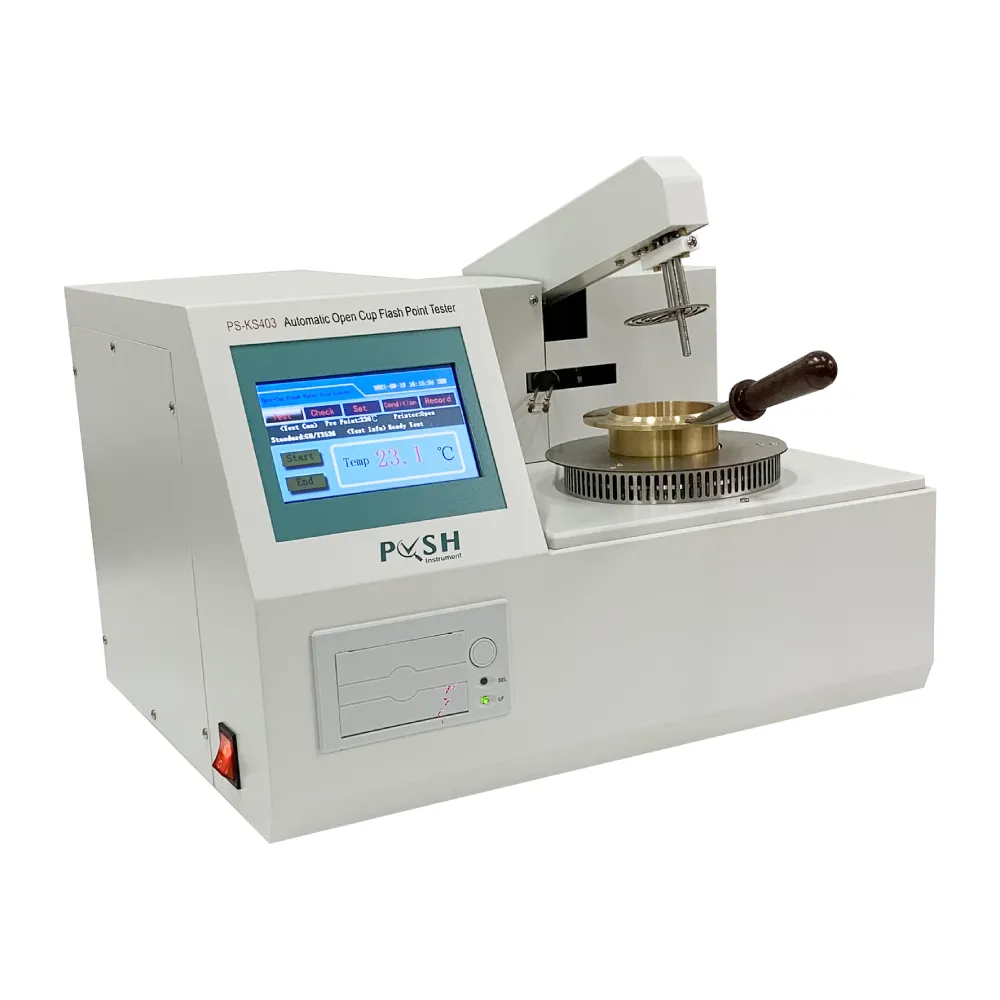 English
English


Enhancing Efficiency and Performance in Small-Scale Tabletop Liquid Distillation Systems for Laboratory Use
Understanding Tabletop Distillation Units A Comprehensive Overview
Tabletop distillation units are essential tools in laboratories, educational institutions, and industrial settings for the purpose of separating and purifying liquids. These compact and user-friendly devices allow chemists, educators, and hobbyists to practice the art of distillation, a fundamental chemical process that has been utilized for centuries. In this article, we delve into the working principles, essential components, applications, and advantages of tabletop distillation units.
The Principles of Distillation
At its core, distillation is a technique used to separate components in a liquid mixture based on differences in their boiling points. The process involves heating the mixture to a temperature where one component vaporizes, descending into a cooled area where it condenses back into a liquid form. This technique is effective for purifying solvents, isolating essential oils, and recovering alcohol, among other applications.
Components of a Tabletop Distillation Unit
A typical tabletop distillation unit consists of several essential components
1. Heating Element This is usually an electric heating mantle or hot plate that provides the necessary heat to boil the liquid mixture.
2. Distillation Flask The flask holds the liquid mixture. It is designed to withstand heat and is often made from borosilicate glass.
3. Condenser After the vapor rises, it enters the condenser, where it is cooled and condensed back into a liquid. The condenser is usually a coiled tube or a jacketed design that facilitates effective cooling.
4. Receiving Flask This component collects the distilled liquid (the distillate) as it condenses.
5. Thermometer A thermometer is typically included to monitor the temperature of the vapor, which is crucial for determining the boiling point of the components.
tabletop distillation unit

Applications of Tabletop Distillation Units
Tabletop distillation units are versatile and find applications in various fields
- Education They are widely used in chemistry labs in schools and universities to teach students about the principles of separation, purification, and the physical properties of substances.
- Research In scientific research, these units assist in the purification of organic compounds and extraction of volatile substances.
- Home Chemistry Enthusiasts and hobbyists utilizing tabletop distillation units can create essential oils, flavor extracts, and even homemade spirits.
- Pharmaceuticals The pharmaceutical industry employs distillation for the purification of solvents and extraction of active pharmaceutical ingredients.
Advantages of Tabletop Distillation Units
One of the primary benefits of using tabletop distillation units is their compact design, making them suitable for small-scale operations without requiring a large laboratory space. They are cost-effective compared to larger industrial distillation systems, making them accessible for educational purposes and small businesses. Additionally, their user-friendly design allows individuals with minimal technical expertise to conduct distillation safely and effectively.
Moreover, advances in technology have led to the development of automated tabletop distillation units that offer greater precision and control. Some models include digital displays and programmable settings, enhancing the distillation process's efficiency.
Conclusion
In conclusion, tabletop distillation units play a crucial role in various scientific and educational contexts. By understanding their components and applications, users can harness the power of distillation to explore the fascinating world of chemistry. Whether for educational use, research, or hobbyist activities, these versatile devices are invaluable in extracting and purifying desired substances, continuing the tradition of distillation in modern settings.
-
Differences between open cup flash point tester and closed cup flash point testerNewsOct.31,2024
-
The Reliable Load Tap ChangerNewsOct.23,2024
-
The Essential Guide to Hipot TestersNewsOct.23,2024
-
The Digital Insulation TesterNewsOct.23,2024
-
The Best Earth Loop Impedance Tester for SaleNewsOct.23,2024
-
Tan Delta Tester--The Essential Tool for Electrical Insulation TestingNewsOct.23,2024





